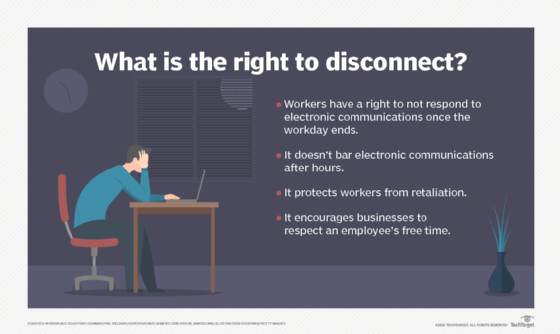[ad_1]
Burnout is something professionals feel in all kinds of industries. Burnout is the result of “chronic workplace stress that has not been successfully managed,” according to the World Health Organization (WHO).
Those who work remotely can fall victim to burnout, too. Perhaps you have experienced some of these yourself:
- Low energy.
- Exhaustion.
- Feeling distant from one’s work.
- Feeling negative or cynical about one’s work.
- Being less efficient at work.
There are various causes that lead to remote worker burnout:
- If your home is your workplace, it’s harder to get away from your job, which creates a work-life imbalance.
- You may feel isolated due to a lack of communication with team members and managers.
- You may be uncertain about your work performance, because it’s more difficult to engage with managers in a remote versus in-person office setting.
- You might suffer a lack of motivation and productivity, perhaps tied to some or all of the above.
The good news is that software developers who work remotely can prevent falling victim to burnout. All it takes is a little management.
Table of Contents
Burnout avoidance techniques
Here are four techniques to help you avoid software developer burnout:
- Learn a new programming skill.
- Identify and establish your boundaries.
- Solicit help from your boss.
- Make burnout part of the discussion.

Learn that new programming skill
If you feel distant from (or even bored with) your work, try to learn something new. What are the hottest programming languages that you don’t yet know how to use? Are there any frameworks that you’re not familiar with?
Developing new skills can lead to interesting challenges — and as you progress, new opportunities — that can lift you out of the doldrums.
Identify and establish your boundaries
Working remotely has the potential to spill over into one’s home environment. Software developers must be vigilant to draw a line in the sand between their work and their life. Some examples include the following:
- Establish your official “office hours” and stick to them.
- Commit to taking the paid time off for which you’re eligible.
- Turn down extra projects when, realistically, you don’t have the bandwidth to complete them.
- Let your manager know when the workload becomes overwhelming.
For people who work from home, boundaries also apply to others who share the house. Inform family members, roommates, friends and neighbors not to disturb you during your work hours unless there is a true emergency.
If interruptions are inevitable, try to book time for them as much as you can. For example, if your child comes home from school for lunch, block out an hour or so to prepare their meal and eat with them.
Solicit help from your boss
As mentioned, if you feel your workload is getting out of control, talk to your manager about it. Ask for their advice on how you can make things more manageable, and confirm which specific tasks are the highest priority.
Sometimes when we feel less in control of our work, we tend to lose perspective. Also, it’s possible your boss may not realize that they’ve dumped too much on you, and when they do hopefully they’ll seek out others to share the burden.
If it’s impossible for someone else to pitch in, ask for more time to complete the projects. This will help to ease some of the pressure and give you some room to breathe.
Make burnout part of the discussion
One of the positive outcomes of the pandemic is that companies are more focused on their employees’ health and well-being. Organizations that wish to attract and retain top talent are investing in their teams’ mental health. Managers are encouraged to give employees more time and space for wellness, and offer resources that can help prevent their employees from burning out.
If this isn’t the case at your organization yet, be proactive and try to make burnout part of the discussion. This is especially important during peak periods when the pressure mounts to meet key deadlines.
Here are several suggestions:
- Ask your manager to begin meetings with team members checking in with each other to see how they’re managing their time and workloads.
- Learn about the HR department’s resources for employees who fear they’re burning out.
- Start an employee resource group that focuses on mental health, part of which covers how to avoid burnout. (This will also require you to engage with HR.)
Of course, the success of any of these exercises depends on the company’s culture. Some within an organization might still consider it weak and lazy to voice concerns about feeling stressed out, overworked or overwhelmed.
However, it may be worth your effort to bring greater attention to the issue of employee burnout. You may discover that HR very much wants to engage with employees on the topic but hadn’t determined how to go about it or with whom to engage. With the proverbial wave of your hand, you could get things moving in a direction that will not only be of benefit to you, but to the company as a whole.
Source link

